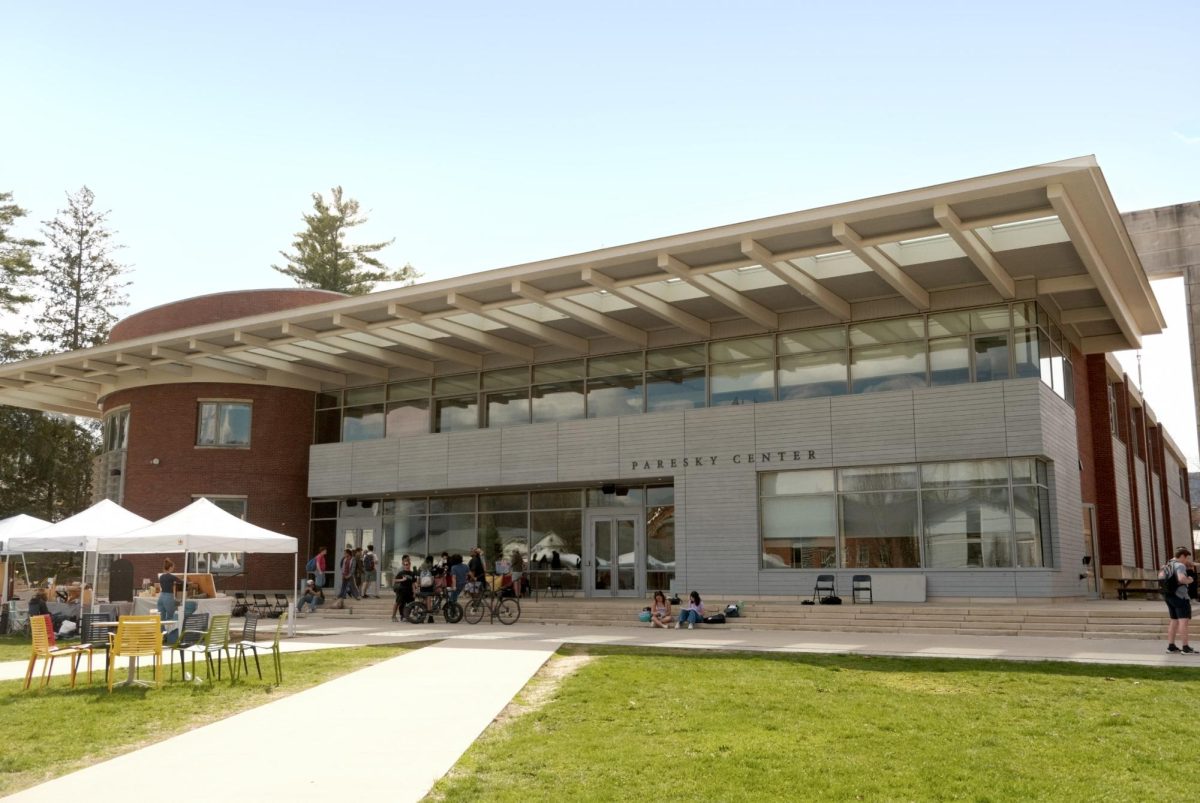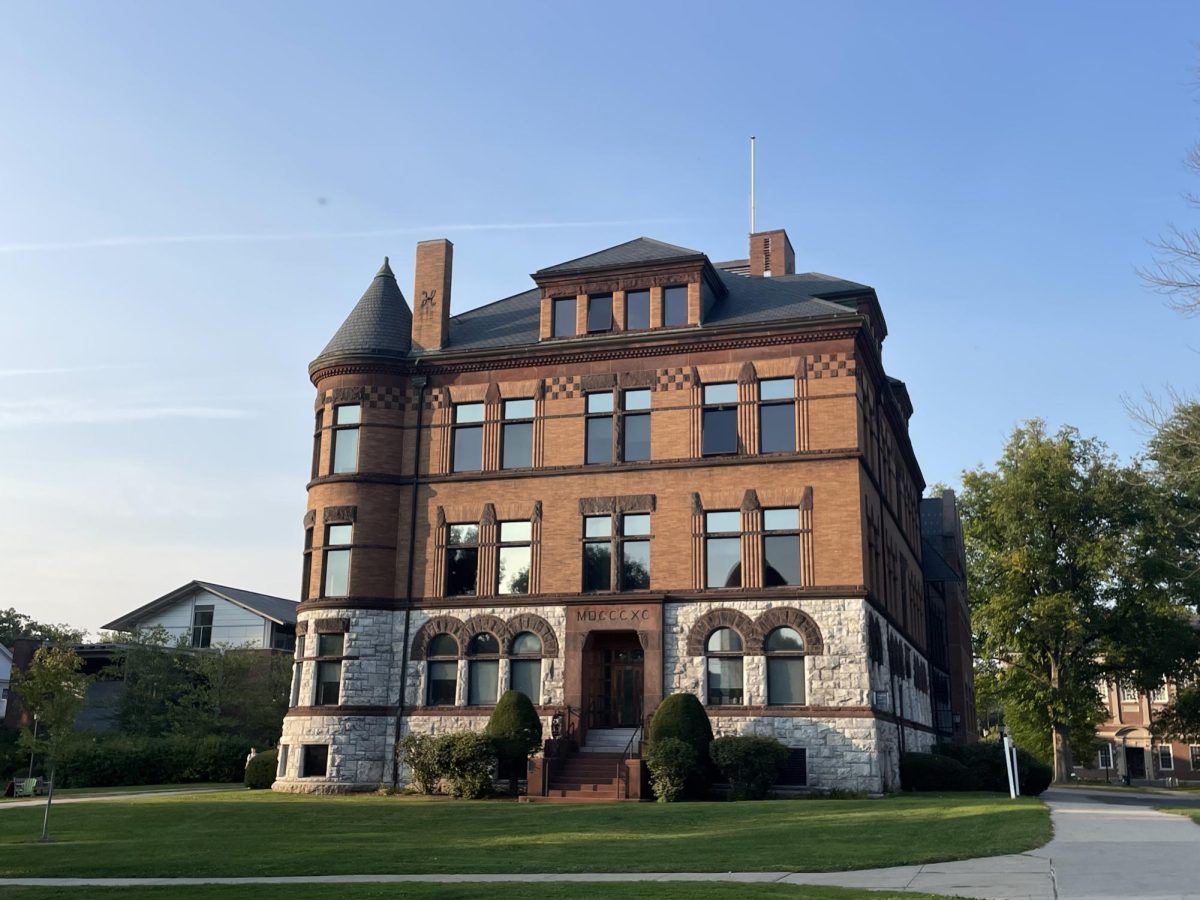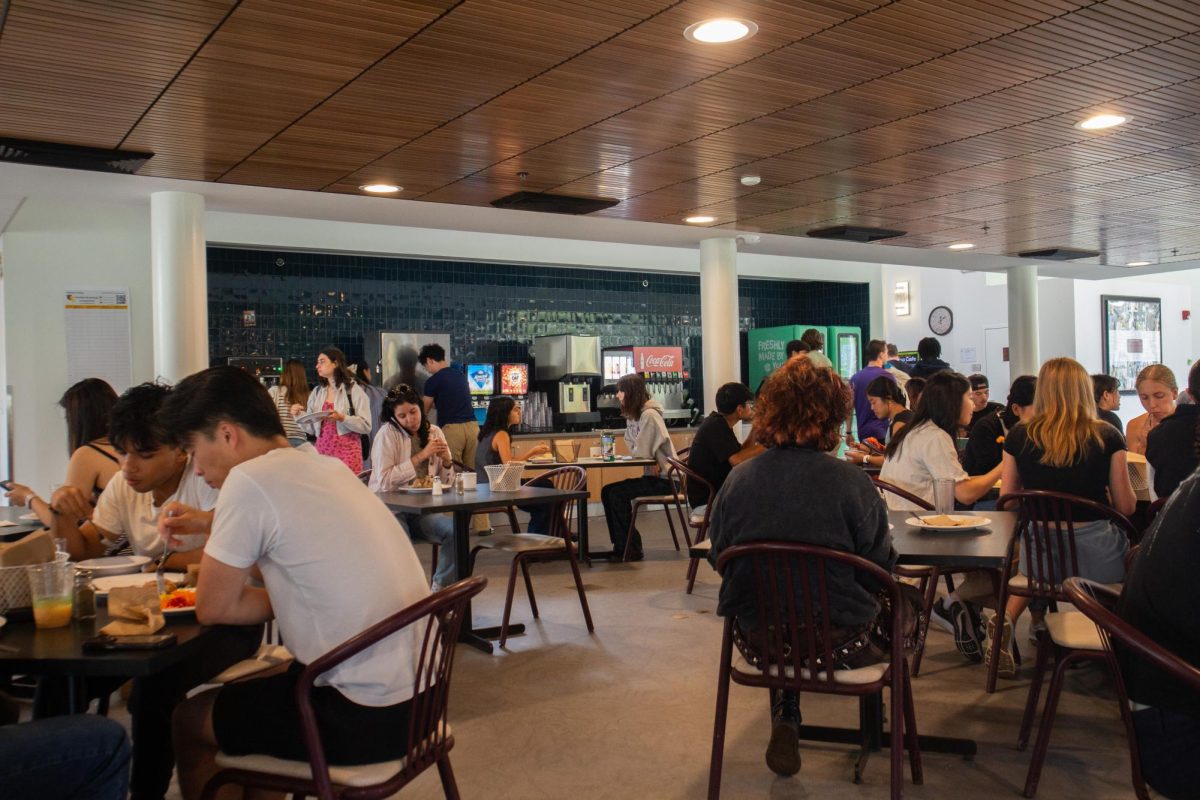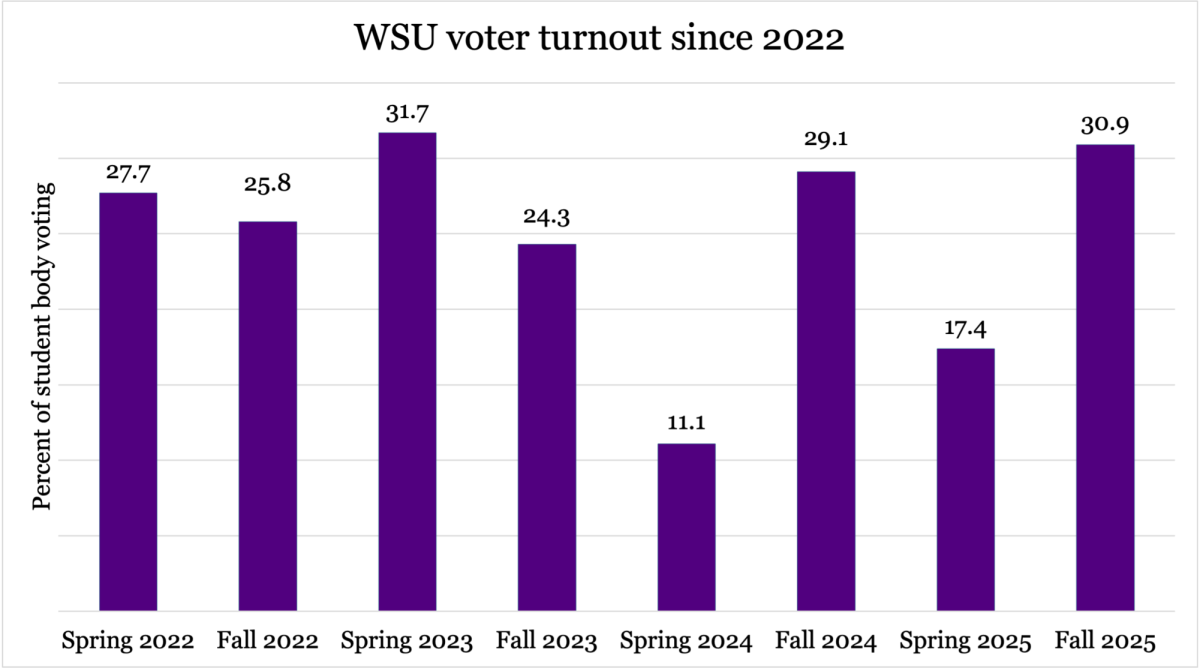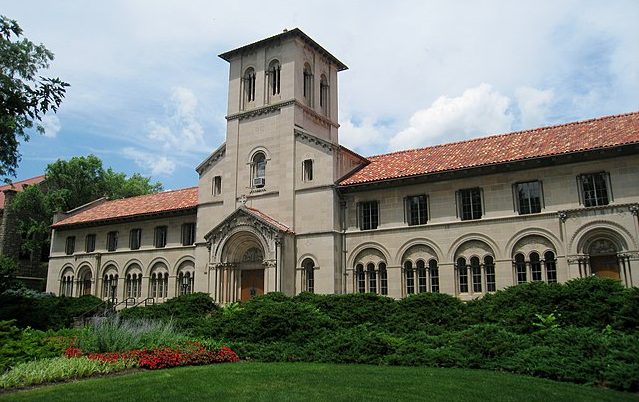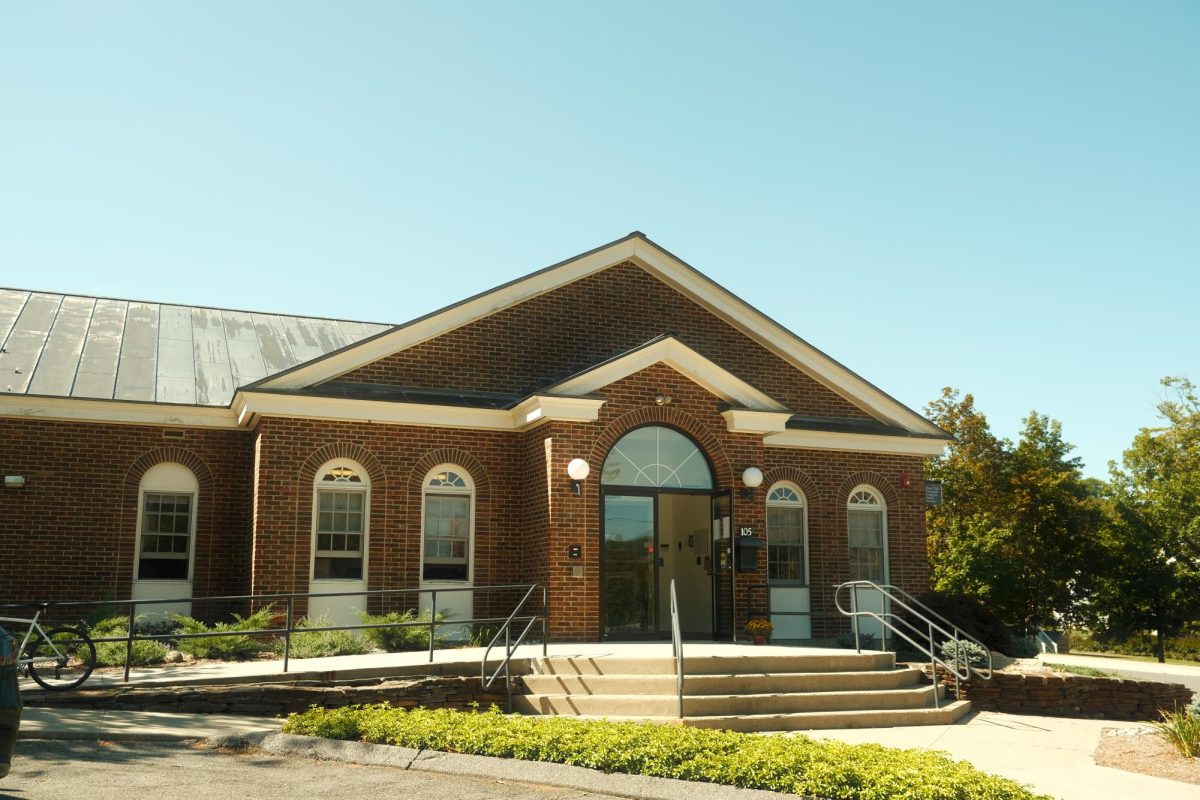At Tuesday evening’s College Council (CC) meeting, a student publicly called for accountability from CC for its conduct at its April 9 meeting and its funding process for a student-led event for Black admitted students during the College’s scheduled Previews period. Isabel Peña ’19 called for CC to “establish a permanent fund to support efforts like Black Previews,” to investigate the conduct of Office of Student Life (OSL) Associate Director Mike Bodnarik and implement bias training for CC. The meeting ended without CC taking any action on the proposal, although CC is already planning on implementing anti-bias training.
Peña’s request for a permanent fund came from her desire for CC to institutionalize funding for these projects rather than pitting students against each other. The original idea of such a fund was actually an idea, which was not ultimately approved, from the class of 1994 for its 25th anniversary gift. In addition to the request, Peña and Tyler Tsay ’19 called on CC to reexamine its bylaws in light of CC’s strong historical connections to the College’s leadership. “It is a tool of the institution as much as it is what we believe to be a form of political power we have,” Tsay said. They also called for an investigation into interference from OSL that might be depleting CC’s funding. A larger protest had been planned, but cancelled because of student fears about safety after last week’s meeting livestream was distributed by several online sites.
The call for accountability follows CC’s April 9 meeting, where a group, represented by Seyi Olaose ’22, had requested $795 in funding for Black Previews, affinity programming for Black students during the College’s annual Previews events. CC debated the request last week at length; some members expressed concerns that the event would not be open to all students or might conflict with programming scheduled by the office of admission. Olaose clarified to CC that the event would be open and that it would be supplementing, not replacing, official College programming by the Office of Admission. At that meeting, CC first voted to deny the funding request by a vote of 9 to 10 before later adopting the funding by a voice vote.
Olaose and Isaiah Blake ’21 returned to the meeting and spoke about the experience of seeking funding from CC. Blake highlighted the ways in which requests made by Black students receive extra scrutiny from CC compared to requests made by predominantly white organizations. “You see, I’m looking at the budget that we’re seeing and approving here and I’m seeing all the ways in which white men constantly get space and affinity, and money and resources afforded to them,” Blake said at the meeting. “And every time we try to create a space for understanding and create some form of community, we are stopped at every single level. Every single level.”
In response to Blake’s and Olaose’s remarks, CC Vice President of Student Affairs Tristan Whalen ’22 then asked that the students give CC “the same respect that we give everyone who comes here.” Blake pointed out, however, that the same respect is not given – that Black groups are subjected to excess scrutiny when asking for money.
A Record review of CC meeting minutes from 2016 through present shows a disparity in how funding requests from groups of predominantly Black students are handled; their requests have tended to garner increased scrutiny and debate from CC. Since 2016, CC has debated 60.7 percent of requests from Black students, majority-Black groups or programming events focused on Black students; it has adopted 39.3 percent of requests without debate. For all other requests, only 26.7 percent were debated; 73.3 percent were adopted without any debate.
Many CC members also used the purported opposition of Bilal Ansari, acting director of the Davis Center, to the event to justify not funding it. Ansari, however, clarified that his position was not one of opposition to the programming. “[Olaose] came to me a few days prior requesting to put on a program, to give an alternative for Black students who are coming here for Previews. As acting head of the Davis Center, our goal is to encourage such efforts to work through the minority coalition,” Ansari said at yesterday’s CC meeting. “So I asked, are you working with BSU, or with Sisterhood, or with any MinCo or RSO to assist with this Black Previews? She said no – I was encouraging them to work toward our mission of fostering coalition building. I made a mistake – my error – that when I then, after speaking with these students, reached out to Olivia and said that we had met, I didn’t make clear we wanted to encourage them to do what they wanted to do, but we wanted to strongly encourage them to work with other minority groups.”
Ansari, furthermore, said that he was upset with the way his name was used by some members of CC, without his presence at the meeting. “My name was used as a whip on a black female’s back, and I don’t like to be put in that position as overseer – at all,” he said. “I’m very grateful that Linda [Worden ’19], who’s worked with me and my office for the past three years as a Community Builder, so that my voice was heard, by proxy.”
In response to yesterday’s proposal, CC Co-Presidents Olivia Tse ’19.5 and Ellie Sherman ’20 noted the ways that CC had fallen short. “CC has for a long time been a space dominated by white males, and it can be frustrating, intimidating, and painful for individuals of minority groups who try to come into that space…,” they said. “Our hope is to use the anger and frustration that we have seen and experienced to ensure that College Council does not return to business as usual without some major changes, including serious reworking and paring down of the bylaws, restructuring our budgetary approval process, implementing mandatory Anti-Bias training and the distribution of an educational resources list for every iteration of council, pushing for increased diversity in our student representation, and working to make the space of College Council more accessible and comfortable for those who have historically been excluded from that space.”
Yesterday, though, Peña called on CC to hold itself accountable tangibly. “You should try to repair your relationship with Black students on this campus by putting your money where your mouth is,” Peña said.
Research assistance for this article was provided by Jeongyoon Han, Irene Loewenson and Rebecca Tauber.



